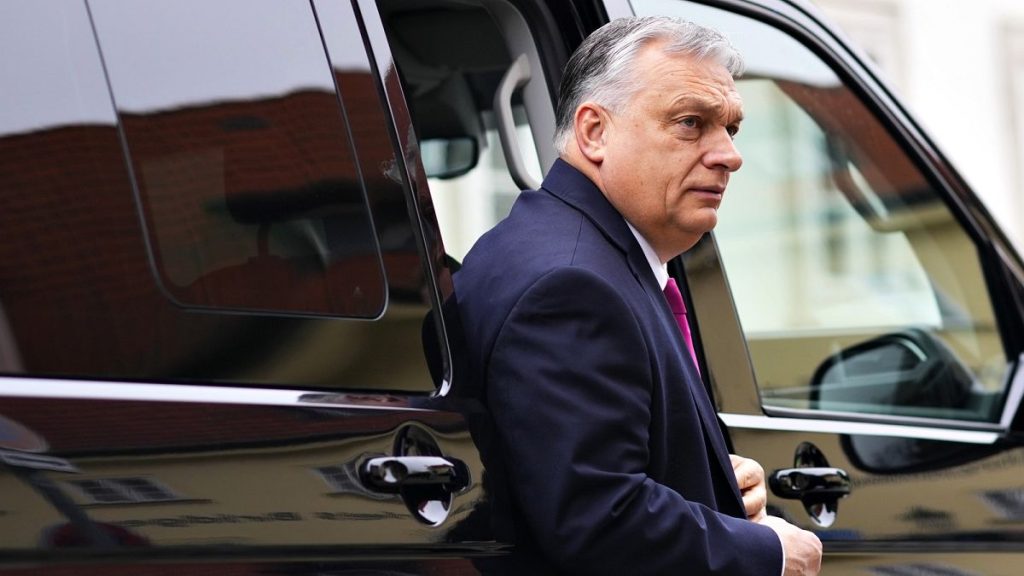Hungary is set to assume the rotating presidency of the Council of the EU on 1 July, succeeding Belgium. As presidency holder, Hungary will be responsible for setting the political agenda, moderating talks among member states, and representing the institution vis-a-vis the European Parliament and the European Commission. There are concerns that Hungary may abuse its position to stall, block, or ignore key files that it views unfavorably, such as support for Ukraine and sanctions against Russia. The government’s international spokesperson, Zoltán Kovács, has stated that Hungary will not withhold issues from the agenda but will make its voice heard while fulfilling its role as an honest broker.
Hungary has recently outraged its fellow countries by extensively using its veto power to derail collective decisions and extract concessions on issues related to Russia and Ukraine. Hungary has maintained a firm veto on a €500-million tranche of military support for Ukraine, preventing other member states from accessing reimbursements under the European Peace Facility. Prime Minister Viktor Orbán has been criticized for his hard-right nationalist ideology and his aggressive use of the veto power within the EU. Kovács suggested that Hungary would not hesitate to use its veto power if necessary while holding the Council’s presidency, emphasizing the country’s strong stance on certain issues.
There is concern that if Hungary uses its veto power during its presidency, it may spark controversy, as presidency holders are expected to abstain in sensitive files that they would otherwise vote against. However, Kovács made it clear that Hungary would not give up its own position even when presiding over the Council. He emphasized the importance of respecting national interests within the EU and criticized the bloc’s handling of the recent approval of the New Pact on Migration and Asylum, noting that migration policy is decided by qualified majority, not unanimity. Hungary’s stance on key issues related to Russia and Ukraine has raised skepticism about its ability to act as an impartial and neutral presidency holder.
As Hungary prepares to assume the Council presidency, there are concerns about the country’s approach to handling sensitive issues, including support for Ukraine and sanctions against Russia. The government’s spokesperson, Zoltán Kovács, has indicated that Hungary will not shy away from using its veto power if it deems it necessary to uphold its own interests, rather than prioritize consensus-building. Hungary’s actions have raised questions about its commitment to acting as an honest broker during its presidency and its willingness to respect the decisions made by the majority of EU member states. The upcoming presidency of Hungary is likely to be closely watched, given the country’s track record of using its veto power to block or delay key EU decisions on contentious issues.


